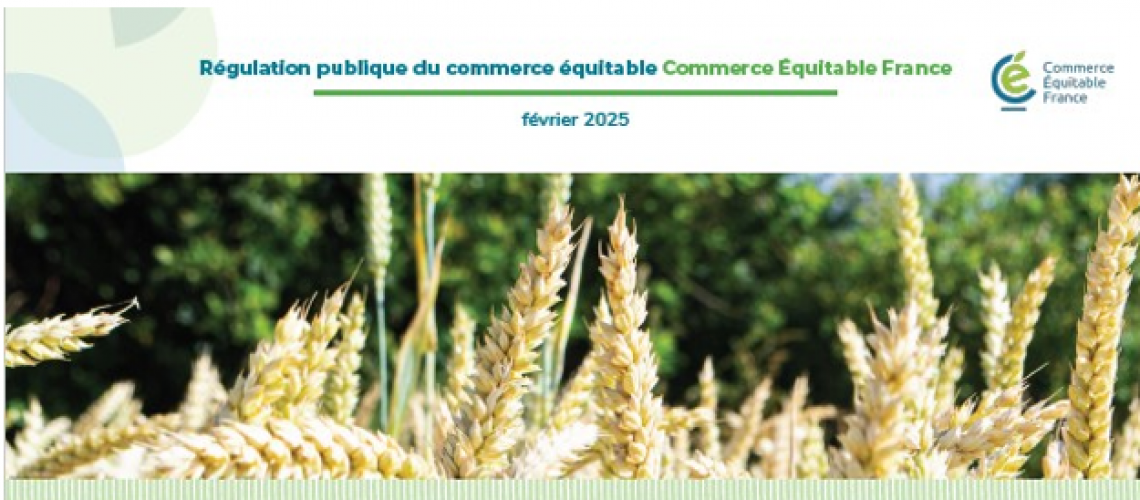In a context where the European Commission wants to specify when “fair trade” terms may be used from now on, Commerce Equitable France has published an interesting discussion paper on the public regulation of fair trade and the development of local fair trade channels.
“France has a unique experience, with the adoption 20 years ago of legal texts defining the scope of fair trade and the use of fair trade labelling on products.” What lessons can we draw from this experience to support other initiatives in Europe?
The impact of French regulations on the fair trade sector is manifold, and is well detailed in the 11-page note, summarized as follows:
- Core fair trade commitments strengthened.
- An enhanced claims control system.
- A ‘‘borderless’’ definition to structure domestic fair trade channels.
- Unprecedented economic development.
- Fair trade sectors at the forefront of adapting farming practices to the challenges of climate change and biodiversity.

The case of France is also highly instructive in terms of the development of a local fair trade sector in coordination with international channels. Several key factors have contributed to its growth:
- A movement ready to think about universal fair trade.
- In the South and in the North, the same commitments and the same guarantees via labels.
- A specific forum for dialogue led by the national platform.
- The ongoing challenge of a shared vision.
Finally, the note concludes by showing that robust European regulation could draw on French experience, and emphasizing among other things that “(…) defining identical commitments for local and international sectors is a guarantee of strengthening the sector as a whole and supporting new innovations and collaborations.”
Download the document: (English and French versions): https://www.commercequitable.org/publications/


